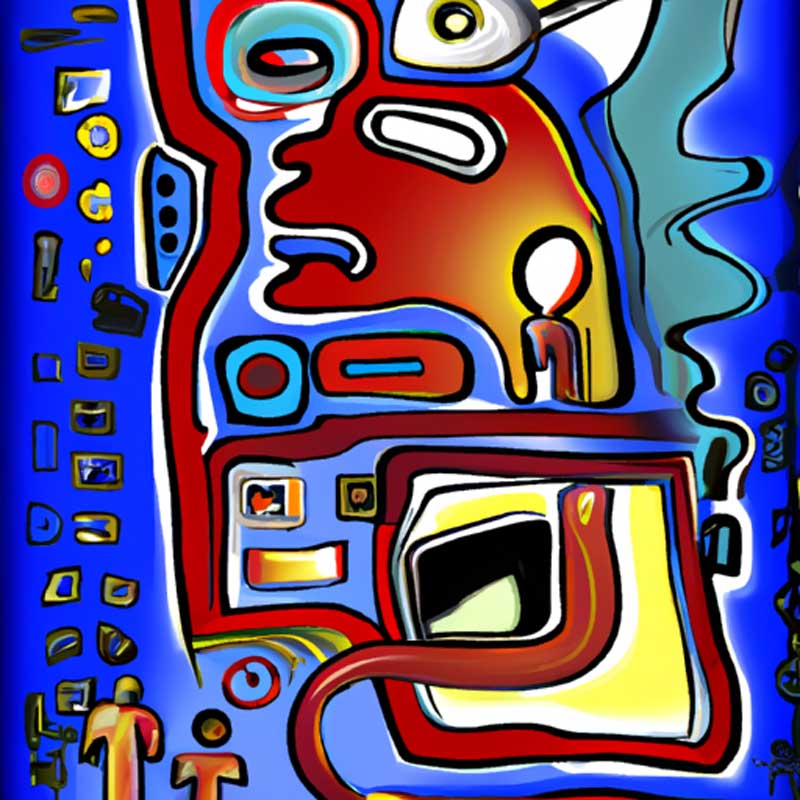Science fiction has had a significant role in the creation of AI’s initial rule book. The genre’s writings and concepts have been instrumental in guiding researchers’ and technologists’ thinking regarding intelligent machines and their possible implications. It has also helped in framing some of the ethical, societal, and moral questions that pertain to AI and robotics. The article details the impact of various science fiction works on AI, including pieces like ‘I, Robot’ and ‘Do Androids Dream of Electric Sheep?’.
- Science fiction has provided a platform for exploratory thought regarding AI and its implications, influencing the discourse around intelligent machines.
- Works like ‘I, Robot’ and ‘Do Androids Dream of Electric Sheep?’ have particularly shaped considerations about the ethical dimensions of AI.
Thought-provoking narratives presented in science fiction have created room for invaluable debate and discourse around AI. These works have been influential in formulating moral, ethical, and societal questions that revolve around AI and robotics. This creative genre has thus been critical in shaping the conversation and guiding the direction of AI development.
‘I, Robot’, published in 1950 by Isaac Asimov, was notably significant in shaping AI’s rules. In it, Asimov detailed the “Three Laws of Robotics,” a set of rules designed to prevent robots from harming humans. ‘Do Androids Dream of Electric Sheep?’ by Philip K. Dick also had a crucial impact. This work delves into topics like empathy towards AI and the blurred line between humans and machines. Such works have not only entertained readers but also guided technologists and scientists in their quest to build intelligent machines.
Overall, the article highlights the essential role of fiction in the development of AI, showcasing how it has led to the creation of AI’s initial rule book. By opening up discussions about the ethical, societal, and moral aspects of artificial intelligence, science fiction has greatly influenced the trajectory of AI development. It provides a meaningful reminder of the power of literature in shaping technological advancement.
